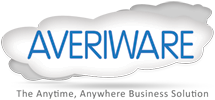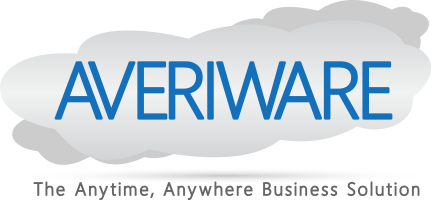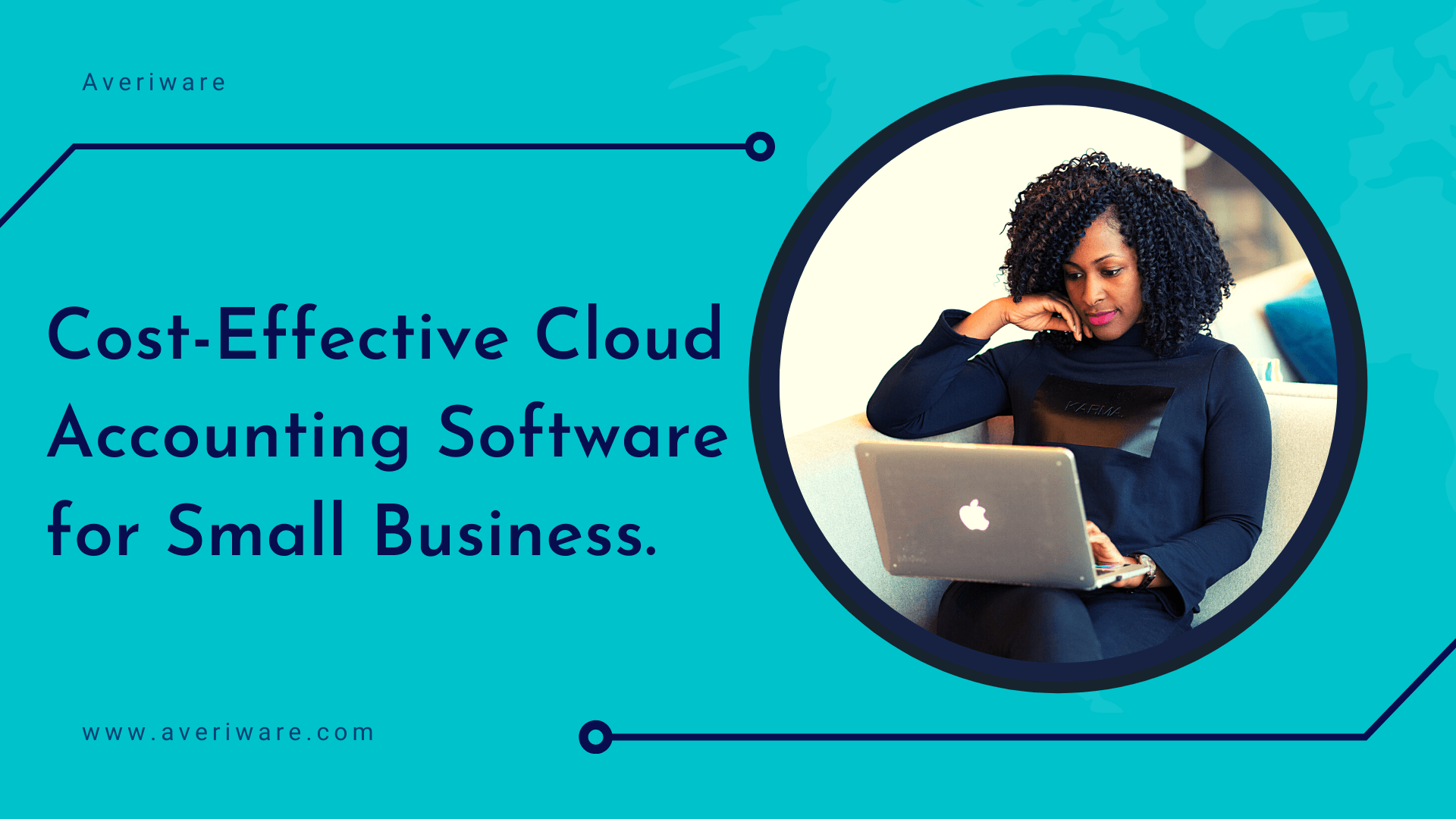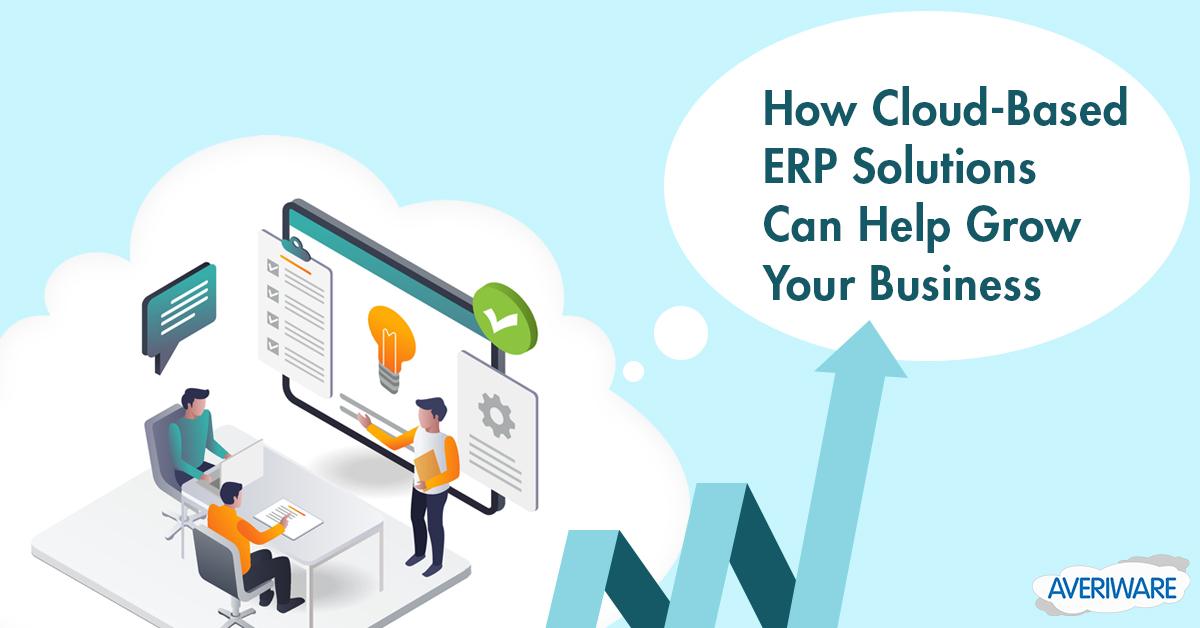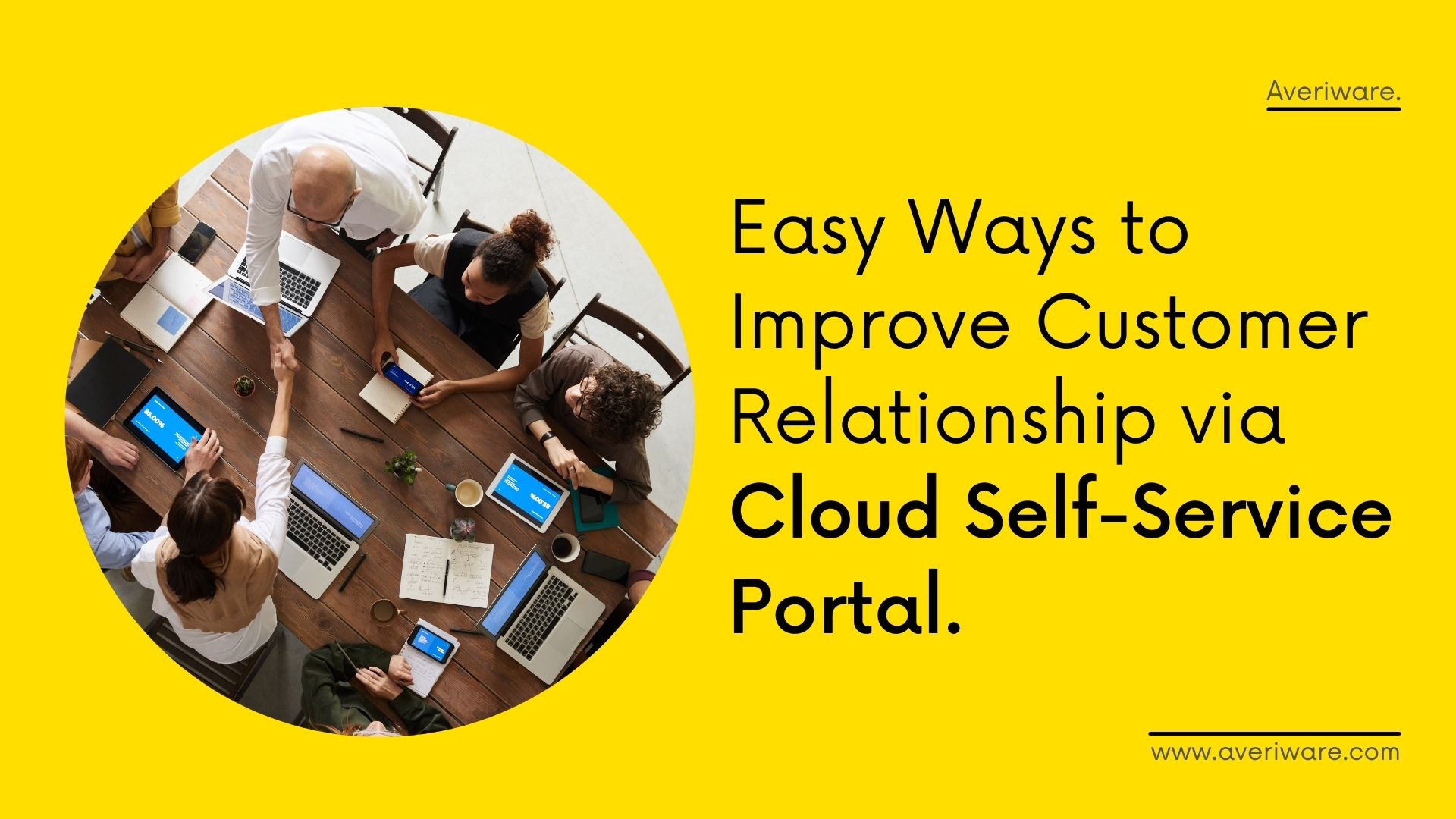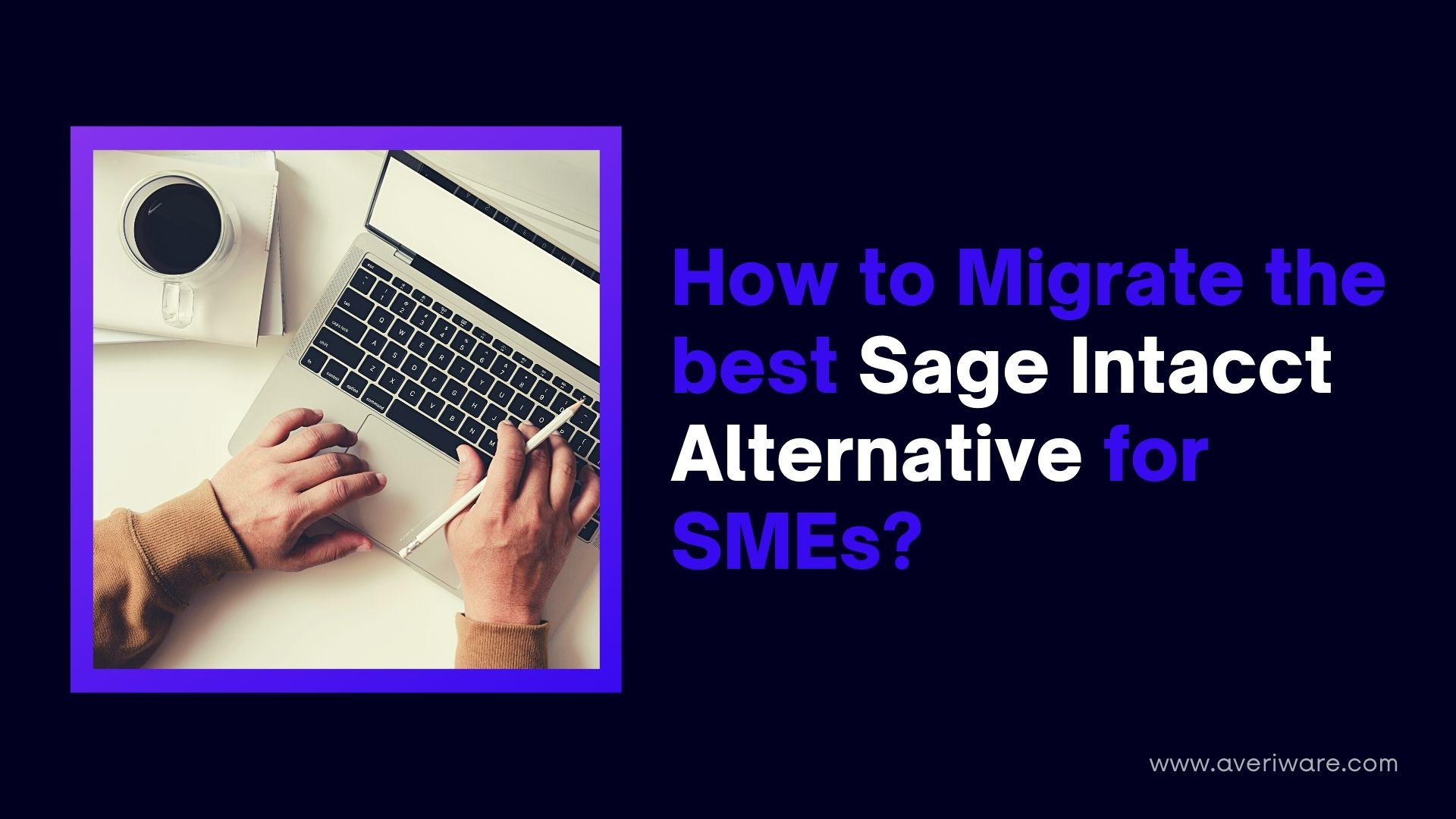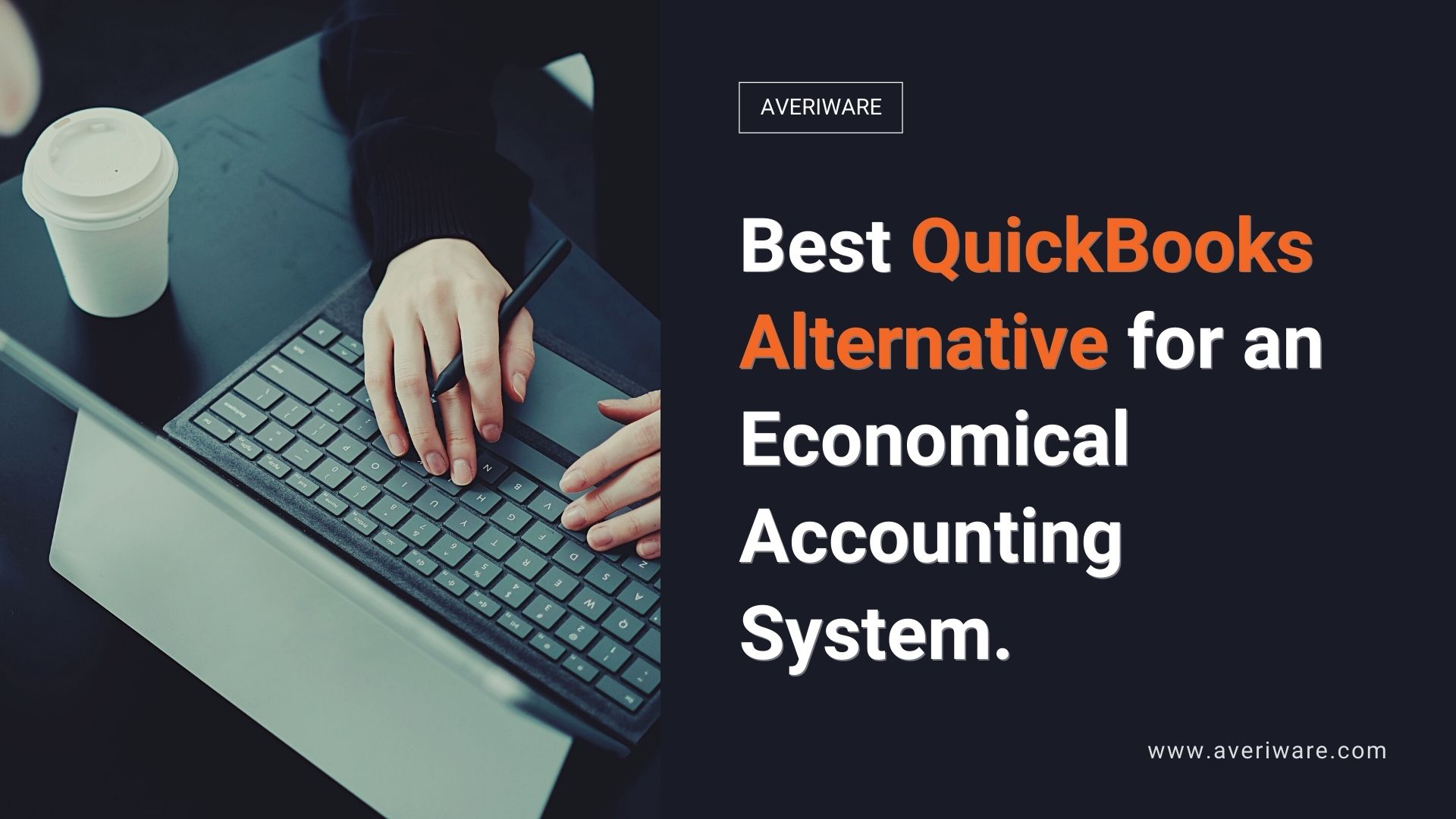Cloud accounting software exceedingly reduces the potential for human error that occurs with accounting on paper. Also, it can allow you to access critical information in just a few keystrokes.

Cloud accounting software for small Business
Choosing appropriate accounting software for your business entails a lot more than just picking out the most famous one available in the market.
Although most modern-day software now comes with customizing features, one still needs to consider the following things before investing in the right accounting software.
When you approach potential vendors to decide on the accounting software for your business, you need to ask the following points:
The type of business is the software developed for. If your business is small, or you’re just starting out; you should be looking for software that is specifically designed for a small business with relevant features to cater to your specific bookkeeping needs.
Software compatibility with your industry. Different software is designed to cater to the needs of different industries. Some can be customized to include the features required for a particular industry.
Whether you operate in a service or a manufacturing industry, your software should be aligned with it.
Can the software be customized for your business? This is an extremely important factor to consider. It is essential for accounting software to be streamlined with your business functions in order to perform optimally.
For a good accounting software, one should be in a position to customize it to suit his business entity.
How would the software aid compliance with tax laws, and the GAAP? It is imperative to make sure that the software you select has features that are in line with tax laws and GAAP-compliant. Some software may have simple bookkeeping features that do not incorporate the complicated tax and GAAP functions.
You will have to consider :
- Can the software cope with cash and invoice accounting for VAT
- Can the Flat-Rate VAT scheme be accommodated?
- Does it produce a VAT return automatically?
- Can the VAT return be presented to HMRC from within the software?
Add-ons features, Add-ons bring extra functionality to a business accounting application. For example, they may allow you to access the software remotely, accept payments online, and integrate the accounting software with your e-commerce software. There are also add-ons that offer accounting software compatible with tax software.
What are the data backup, storage, and privacy options? Your accounting data is invaluable. It includes essential business information and data that is crucial for your business. Therefore, it is necessary that you opt for software that has convenient and adequate storage and backup; and is secure from unauthorized intervention.
Many Cloud accounting software also offers a mobile version, allowing you to obtain your accounts by your smartphone. Nevertheless, in many cases, mobile versions have very limited options so it is worth deciding before purchasing if this will be important for you.
The cost of buying and maintaining the software. The cost of your accounting software will include the basic cost of the software, plus its implementation expenditure.
If the service is online, they may have monthly or yearly charges that you need to consider. Software that backup data on cloud storage also have additional storage fee that you need to pay. Visit for more information: http://34.210.24.185/
